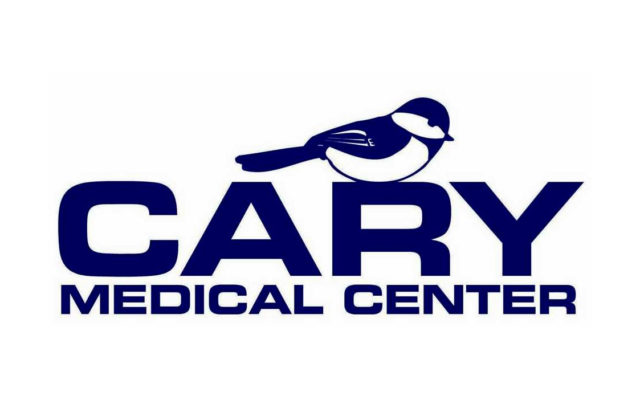CARIBOU, Maine — Cary Medical Center has received the second year of funding to increase awareness related to Low Dose CT Lung Cancer Screening. The award of $20,000 will help support a broad range of health information activities along with a professional education program in the spring of 2023.
The 2-year grant was made possible by the Maine Cancer Foundation. Nancy Holmquist, health educator at Cary and program coordinator, said that the goal of the program is to educate the public about the lung cancer screening program and the screening criteria.
“In our first year we have worked to increase the public’s awareness of this lung cancer screening program. It is particularly important for those patients at increased risk for lung cancer, including individuals who have chosen to smoke or who may have quit in the past 15 years,” said Holmquist. “This screening may identify early indicators of lung cancer and, with advances in the treatment, it is important to diagnose the disease in early stages when treatment may be most effective.”
Lung cancer is the leading cause of death in Maine for men and women. Incidents of lung cancer per 100,000 people in Maine is significantly higher than the national average at 71 vs. 57. Maine ranks fifth in the nation for screening of high risk individuals at 12 vs. 6 percent. Smoking rates in Maine are above the national average at 17 vs. 14 percent. Smoking is the number one leading cause of lung cancer.
Screening of patients at high risk of lung cancer has been shown to reduce mortality. The National Lung Cancer Screening Trial found that Low Dose CT Lung Cancer Screening reduced lung cancer deaths among smokers by 15 to 20 percent a finding that the study’s independent data and safety monitoring board decided was statistically significant enough to halt the trial and declare a benefit.
According to Shawn Laferriere, DO and chief of radiology at Cary Medical Center, results of this clinical trial and other studies have demonstrated the benefits of screening of high risk patients. “The findings of this clinical trial and other studies are very important because there has been a stigma associated with lung cancer that, once diagnosed, nothing can be done. In fact, many people avoid treatment. Now we know that effective and appropriate low dose CT lung cancer screening can be a lifesaver for some patients.”
The American Lung Association and the United States Preventive Services Task Force recommend low-dose chest CT scans for people who are at high-risk for lung cancer.
There are specific criteria used to determine if someone should be screened. They include: being 50 to 80 years old, a 20 pack per year smoking history, no signs of symptoms of lung cancer, and currently smoking or have quit within the past 15 years.
Holmquist pointed out that patients need to be referred by their primary care physician or healthcare provider to receive the screening.
“We have been very impressed with the number of referrals that our providers have made over this past year,” she said. “It is a marked increase from 2021 and we hope to see the numbers grow in 2023.”
Low Dose CT screening is non-invasive and the exam takes about 30 seconds. The screening exam is covered by Medicare and by most private and commercial insurance.







